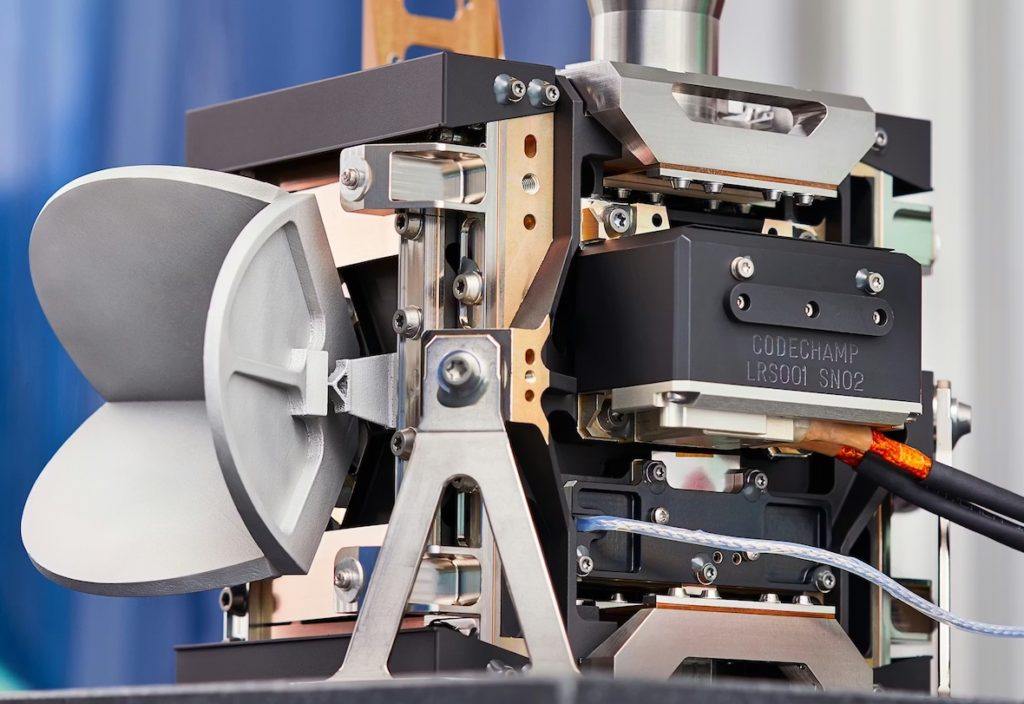
Three rising Western Switzerland start-ups join major European innovation programs
3 June 2025
 Aseptuva develops smart UVC disinfection systems for hospitals, Bloom Biorenewables transforms biomass into sustainable materials, and Hafnova enhances cybersecurity with AI-powered threat prevention.
Aseptuva develops smart UVC disinfection systems for hospitals, Bloom Biorenewables transforms biomass into sustainable materials, and Hafnova enhances cybersecurity with AI-powered threat prevention.
Start-ups Aseptuva, Bloom Biorenewables and Hafnova have been selected for multi-year EU-funded projects, reinforcing Western Switzerland’s importance in health tech, sustainable chemistry and cybersecurity.
Three technology-driven companies from Western Switzerland have secured participation in major European programs, each addressing pressing challenges in healthcare, sustainability, and digital security.
Aseptuva, a Swiss-UK MedTech start-up based in Bern, will receive EUR 600,000 in funding through the Horizon Europe THCS program (Transforming Health and Care Systems). The company is collaborating with Portugal’s INEGI and the University Hospital Costa del Sol in Spain to accelerate the development of a smart UVC disinfection device for intensive care units (ICUs). The goal is to reduce hospital-acquired infections, particularly catheter-related bloodstream infections, through precision optomechanics integrated into routine clinical protocols. Aseptuva’s solution combines photonics with a digital platform to deliver targeted, personalized disinfection while easing the operational burden on clinical staff.
Bloom Biorenewables, based in Marly (canton of Fribourg), has joined the EUR 9 million+ Wood2Wood (W2W) consortium, which aims to advance the circular bioeconomy for the construction industry. The project seeks to transform contaminated wood waste into new, high-value materials, addressing both sustainability goals and projected wood supply shortages in Europe. Bloom contributes its proprietary biomass deconstruction technology, which selectively separates cellulose and lignin to produce cost-competitive, plant-based alternatives to fossil-derived chemicals. Its participation will help scale solutions that reduce reliance on virgin wood and support the EU’s climate ambitions.
Meanwhile, Hafnova, a cybersecurity start-up based in Lausanne, has been selected for the EuroHPC development program, providing access to some of Europe’s most powerful supercomputing infrastructure. The company specializes in DNS-level protection against phishing and impersonation attacks and will use the program to scale its AI models. Hafnova’s technology is developed entirely in Switzerland and emphasizes data privacy, digital sovereignty, and robust cyber resilience. The company is already partnering with Swiss enterprises and public institutions to pilot its threat prevention platform, with plans to expand across Europe.
These three cases highlight how start-ups from Western Switzerland continue to contribute to European innovation efforts in health, sustainability, and digital trust. The region’s dense network of research institutions, international organizations, and specialized infrastructure, ombined with access to talent, strong regulatory frameworks, and targeted support programs rovides a solid foundation for science-driven innovation.

